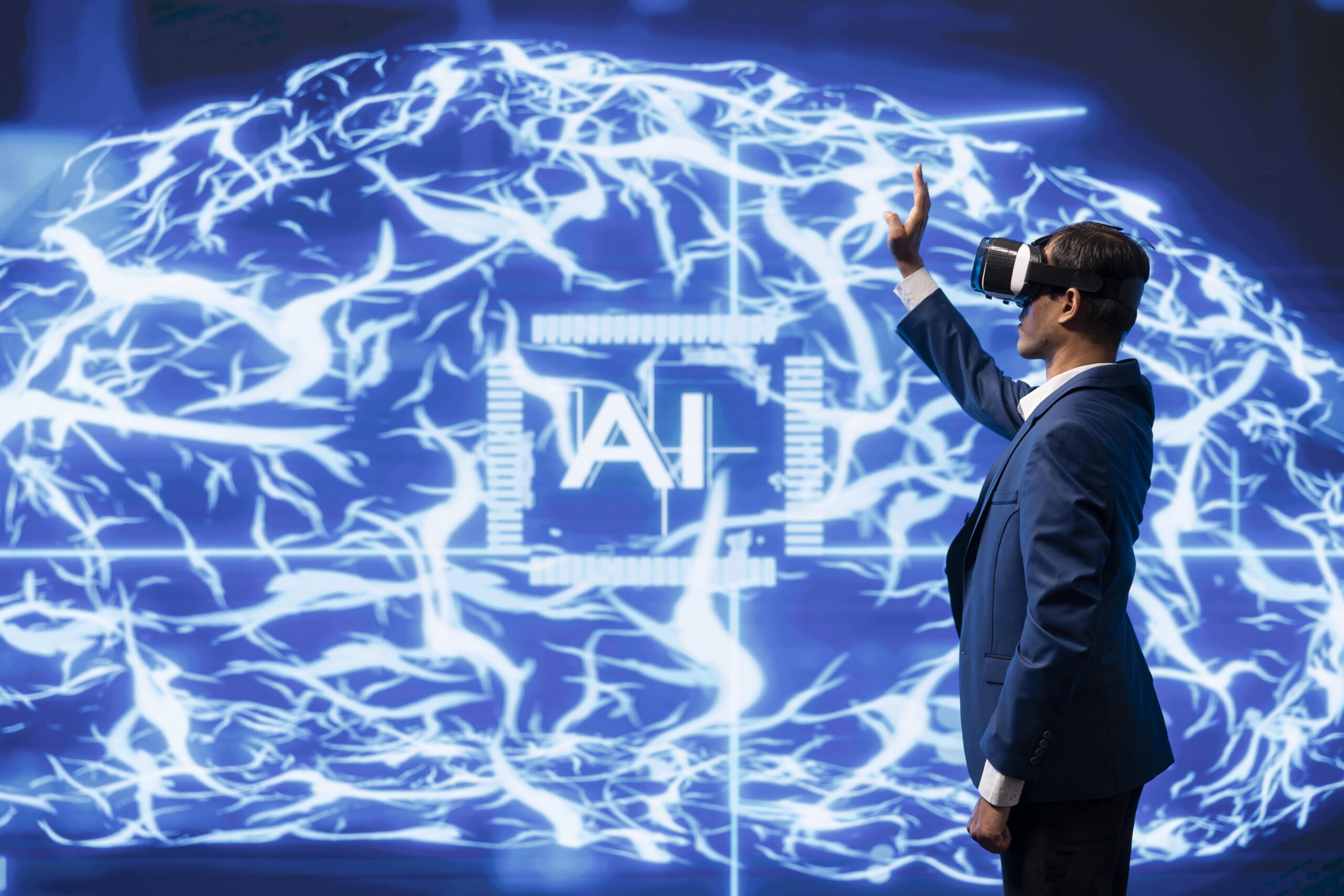Balancing AI and Human Creativity
Generative Engine Optimization (GEO) is revolutionizing the way we approach content creation. By harnessing the power of artificial intelligence (AI) in content generation, businesses can streamline their processes, improve efficiency, and reach wider audiences. However, as with any technological advancement, the rise of GEO brings forward important ethical considerations. How do we balance AI’s capabilities with human creativity to ensure content remains authentic, transparent, and responsible?
The Role of AI in Content Creation Transformation
AI is transforming content creation by automating many tasks that once required significant human input. With GEO, businesses can use AI to generate articles, blog posts, product descriptions, and more. The process not only speeds up content production but also allows companies to scale their content marketing efforts, ultimately enhancing brand visibility and SEO performance.
Generative engines are capable of analyzing vast amounts of data and trends to create tailored content that resonates with target audiences. This has significant implications for industries such as digital marketing, where SEO optimization and keyword targeting are key to online visibility. However, the rapid adoption of AI-driven content generation raises questions about the ethical responsibility behind its use.
Balancing AI Automation and Human Creativity
One of the primary concerns regarding GEO is the potential for AI to overshadow human creativity. While AI is excellent at producing content quickly, it often lacks the nuance, originality, and emotional intelligence that human creators bring to the table. The real challenge lies in finding a balance between leveraging AI for efficiency and preserving the authenticity and creative voice that only humans can provide.
Furthermore, the use of AI in content generation can inadvertently lead to a homogenization of ideas. If businesses rely too heavily on AI tools without human oversight, they risk creating content that feels formulaic or lacks originality. This may lead to a decline in the quality of content across industries, diminishing the impact of SEO strategies.
Ethical Concerns in AI-Generated Content
Transparency and authenticity are crucial in the age of AI-driven content creation. One major ethical concern is the potential for misinformation or manipulation. With the ability to generate vast quantities of content in a short amount of time, AI can be used to spread misleading information or create deceptive narratives that prioritize clicks over truth.
Moreover, the issue of authorship is increasingly complicated. When AI produces content, who should take responsibility for the quality and accuracy of the information? Should businesses disclose when content is AI-generated, or does it matter if the output aligns with the brand’s values and messaging?
A Collaborative Future
The key to ethical GEO lies in collaboration. Rather than viewing AI as a replacement for human creativity, it should be seen as a tool to enhance and support human-driven content creation. By combining the efficiency of AI with the originality of human writers, businesses can produce high-quality, engaging content that is both ethical and effective.
As AI continues to shape the future of content marketing, it’s essential for companies to prioritize transparency, creativity, and responsibility in their content strategies. By maintaining a strong ethical framework, businesses can ensure that the benefits of generative engine optimization are maximized without compromising the integrity of their content.





